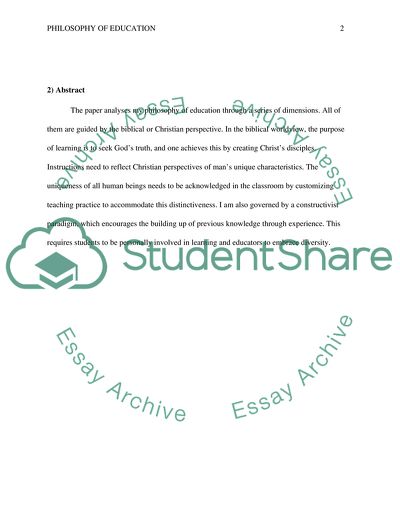Cite this document
(Integrating Christian Faith in Education Philosophy Essay Example | Topics and Well Written Essays - 1750 words, n.d.)
Integrating Christian Faith in Education Philosophy Essay Example | Topics and Well Written Essays - 1750 words. https://studentshare.org/education/1827461-philosophy-of-education
Integrating Christian Faith in Education Philosophy Essay Example | Topics and Well Written Essays - 1750 words. https://studentshare.org/education/1827461-philosophy-of-education
(Integrating Christian Faith in Education Philosophy Essay Example | Topics and Well Written Essays - 1750 Words)
Integrating Christian Faith in Education Philosophy Essay Example | Topics and Well Written Essays - 1750 Words. https://studentshare.org/education/1827461-philosophy-of-education.
Integrating Christian Faith in Education Philosophy Essay Example | Topics and Well Written Essays - 1750 Words. https://studentshare.org/education/1827461-philosophy-of-education.
“Integrating Christian Faith in Education Philosophy Essay Example | Topics and Well Written Essays - 1750 Words”. https://studentshare.org/education/1827461-philosophy-of-education.


